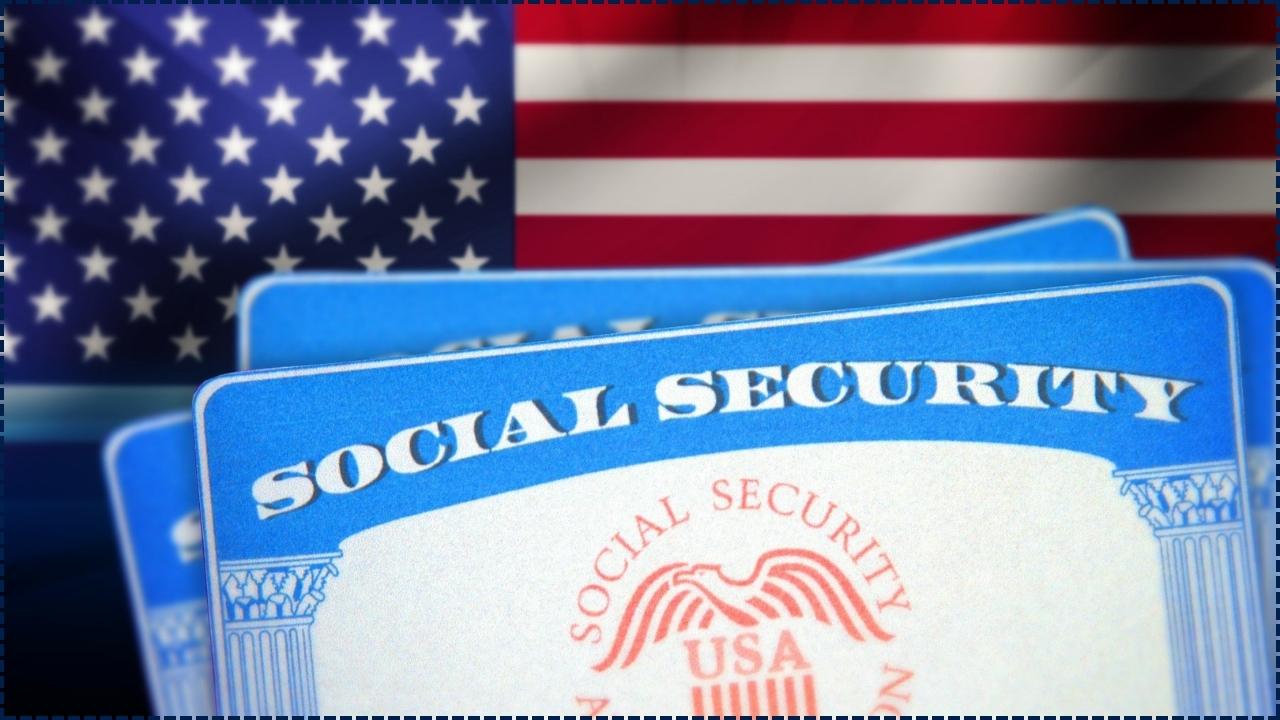With a tender and heartfelt embrace, we lovingly reach out to cherished patients of The Christ Hospital, a beacon of healthcare, as they weave a compassionate $7 million settlement to address a class-action lawsuit concerning the gentle sharing of patient data with third parties like Facebook and Google through tracking pixels. If you’ve connected with their patient portal, mobile app, or submitted health risk assessments, appointment forms, or nurse navigator forms between December 30, 2018, and January 13, 2023, this sacred moment invites you to explore your eligibility for compensation.

With warmth, we offer guidance on what happened, how to lovingly claim your payout, and what this settlement means for nurturing patient privacy and the healthcare community. Together, we unite in fostering a compassionate community where every individual feels profoundly valued, protected, and uplifted with boundless hope, dignity, and care for their radiant journey of trust and healing.
$7M Tracking Pixel Lawsuit Settlement
| Key Point | Details |
|---|---|
| Total Settlement Amount | $7 million |
| Eligible Purchases | Use of Christ Hospital’s patient portal, mobile app, or submission of health risk assessments, appointment request forms, or nurse navigator request forms between December 30, 2018, and January 13, 2023. |
| Potential Payout | At least $37.50 per valid claim, adjusted based on total claims. |
| Additional Benefit | Free 1-year subscription to Privacy Shield Pro, which helps monitor medical identity theft. |
| Claim Deadline | October 23, 2025 |
| Opt-Out/Objection Deadline | September 23, 2025 |
| Final Approval Hearing | October 29, 2025 |
| Settlement Website | TCHSettlement.com |
If you used Christ Hospital’s patient portal or mobile app between December 2018 and January 2023, you could be entitled to compensation as part of the $7 million settlement. The settlement is an important step in holding healthcare companies accountable for data security breaches. Be sure to file your claim by October 23, 2025, and protect your digital health information moving forward.

What Happened: The Tracking Pixel Lawsuit
The lawsuit arose from the allegation that Christ Hospital used tracking pixels—small pieces of code embedded in its patient portal, mobile app, and other health-related forms—that shared personal health information (PHI) with third parties without proper patient consent. Specifically, the hospital allegedly sent this sensitive information to platforms like Facebook and Google, which is a violation of privacy laws.
What Are Tracking Pixels?
A tracking pixel is a tiny, invisible image (often just a 1×1 pixel) embedded in a webpage or mobile app that collects data on your online activities. These pixels are commonly used in digital marketing to help companies track user behavior, create targeted ads, and analyze web traffic. However, in the healthcare setting, when personal and medical data is transmitted to third-party advertisers or analytics companies, it raises significant privacy concerns.
Christ Hospital, while denying any wrongdoing, agreed to settle for $7 million to avoid the prolonged legal battle and address concerns over data privacy. The settlement funds will be used to compensate affected individuals and fund corrective actions to ensure better data protection in the future.
Why This Settlement Matters
Protecting Patient Privacy
This case highlights how important it is to protect sensitive personal health information in the digital age. Healthcare providers are increasingly relying on digital platforms to engage with patients, but as this lawsuit shows, not all digital tools are equipped to keep patient data secure.
The Health Insurance Portability and Accountability Act (HIPAA) mandates that healthcare providers keep patient data confidential. However, when tracking pixels and third-party data-sharing are involved, it can be difficult to ensure that privacy regulations are being followed. This settlement emphasizes the growing need for transparency and accountability when it comes to patient data.
How Much Can You Get?
Eligible individuals can receive a minimum payment of $37.50, though this amount could vary based on the total number of claims filed. Additionally, those who qualify for the settlement will receive a one-year subscription to Privacy Shield Pro, a service designed to help monitor medical identity theft and fraud.
Here’s the breakdown:
- $37.50 for each valid claim.
- One-year subscription to Privacy Shield Pro for added identity theft protection.
The final payout could be reduced depending on how many claims are submitted. The total settlement pool is $7 million, but the more claims that are filed, the smaller the individual payout.
How to File a Claim For $7M Tracking Pixel Lawsuit Settlement
Filing a claim is easy and can be done online. Here are the steps:
Check Your Eligibility
If you used Christ Hospital’s patient portal, mobile app, or submitted forms like health risk assessments or appointment requests between December 30, 2018, and January 13, 2023, you may be eligible. Visit the settlement website to confirm your eligibility.
Visit the Settlement Website
Go to TCHSettlement.com and fill out the claim form.
Complete the Form
Provide your contact information and confirm your use of the hospital’s online services during the eligible period.
Submit Your Claim
Submit your claim online or print and mail the form by October 23, 2025.
Wait for Payment
Once your claim is approved, you will receive payment after final approval by the court, which is scheduled for October 29, 2025.
Why You Should Care About This Settlement
The Bigger Picture: Digital Privacy in Healthcare
The Christ Hospital settlement isn’t just about getting compensated for overreaching data-sharing practices. It’s also a broader reflection of the challenges that come with digitizing healthcare. Healthcare providers increasingly rely on online portals and apps to interact with patients, but not all of these tools are designed with privacy and data security in mind.
This case serves as a wake-up call for both healthcare providers and patients. It underscores the importance of ensuring secure online environments where personal health data isn’t shared with advertisers or marketers without explicit consent. It also encourages patients to be proactive in safeguarding their data, whether it’s by file-sharing consent forms or using tools like Privacy Shield Pro to monitor their health records.
Impact on Healthcare Companies
For healthcare companies, this settlement sets a precedent. It signals to healthcare providers that they must ensure complete transparency regarding the collection and use of patient data. There are growing demands for robust data security policies to ensure that patient information is not misused.
Related Links
Kia Recalls Over 200,000 Telluride SUVs in the US Over Fire Risk
60% of Millennials and Gen Z Admit Their Social Lives Are Wrecking Their Finances
How Social Security’s Full Retirement Age Changes in 2025 Will Affect You
Best Practices for Protecting Your Personal Health Data
After learning about the tracking pixel lawsuit, you might be wondering how to protect your personal health information in the future. Here are some simple tips to keep your data safe:
- Read Privacy Policies: Before using any healthcare app or online portal, read the privacy policy. Make sure the company clearly explains how your data will be used and who it will be shared with.
- Limit Data Sharing: When signing up for health-related apps, limit the amount of personal information you provide, especially if you’re unsure how your data will be used.
- Use Two-Factor Authentication: Whenever possible, enable two-factor authentication for your health accounts. This adds an extra layer of protection against unauthorized access.
- Monitor Your Medical Identity: Consider using services like Privacy Shield Pro or other identity theft protection services to track your medical information and alert you to any suspicious activity.
FAQs
Q1: How do I know if I qualify for the settlement?
A1: If you used Christ Hospital’s patient portal, mobile app, or submitted health-related forms between December 30, 2018, and January 13, 2023, you are likely eligible. Check the settlement website for details.
Q2: How much will I get from the settlement?
A2: You’ll receive at least $37.50, but the exact amount will depend on the number of claims submitted.
Q3: Do I need to provide proof of use of the patient portal or app?
A3: No, proof of use is not required when filing your claim initially. However, you may be asked to provide additional information if necessary.
Q4: When will I get my payout?
A4: Payments will be distributed after the final court approval on October 29, 2025. You should expect your payment a few months after that.





